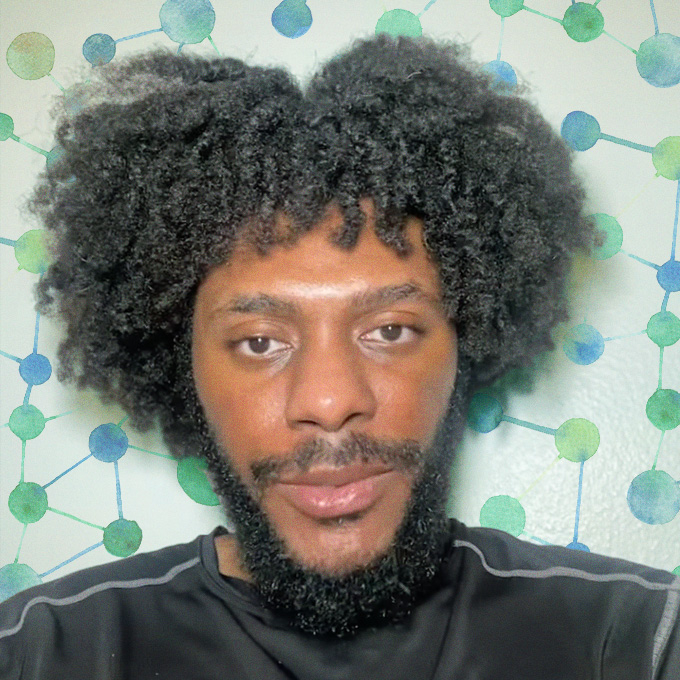Collagen has been the subject of promises and falsehoods for decades, starting with collagen creams and, lately, moving into drink form. Long ago, studies debunked claims that the creams plumped up the face, given that the collagen molecule is too big to be absorbed by the skin. The next logical step was to ingest them in drinks, a concept that started in China and Japan and spread westward. Javon Ford, Air Mail Look’s resident cosmetic chemist, examines these drinks and tells us whether we need to start guzzling them for better, stronger skin, hair, and nails. For more of his wisdom, check out his TikTok and Instagram accounts @javonford16.
From a purely superficial perspective, collagen drinks taste awful. It’s like drinking unflavored bone broth.
Will they help the skin? Well, the body is always going to focus on essential functions before your skin and hair. We need skin, but it’s not the priority. So if you have joint issues and deficiencies there, the collagen would be broken down into amino acids and go to mitigate that.
The jury is still out on whether they actually benefit skin. When people say, Oh, it improved my skin in a month, I doubt that because that’s just not how it works.
I would rather drink bone broth because it gives you collagen, but it also tastes better. One argument is that the collagen in the drinks is hydrolyzed, so it’s supposedly something that our bodies can digest a lot easier than pure collagen. But I argue that the collagen in food is also hydrolyzed. It’s just de-natured. It’s gelatin, which our body can also process no differently than hydrolyzed collagen.
In terms of skin-care benefits, there are not enough clinical studies showing that collagen works, so I don’t feel like it’s worth the trouble or the expense to try it out. Instead, it makes more sense to get collagen through your diet.
Javon Ford is a Los Angeles–based cosmetic chemist




